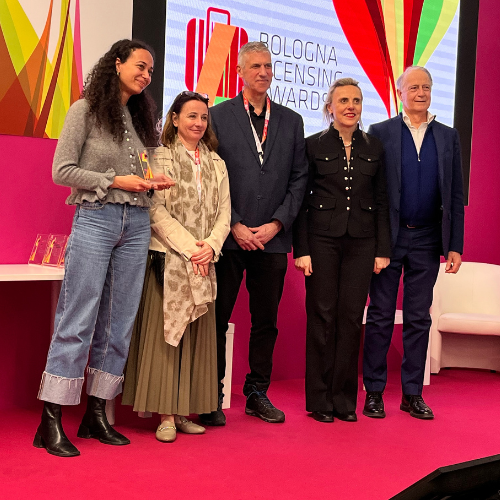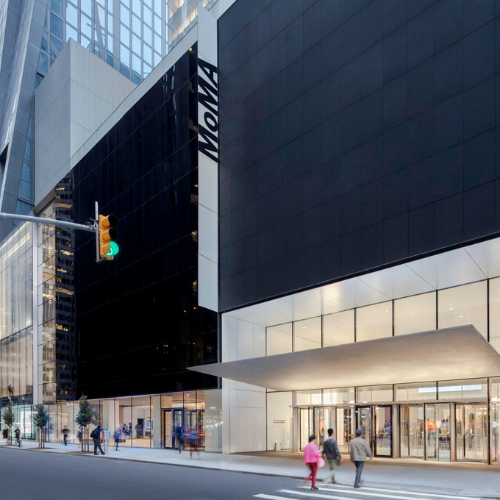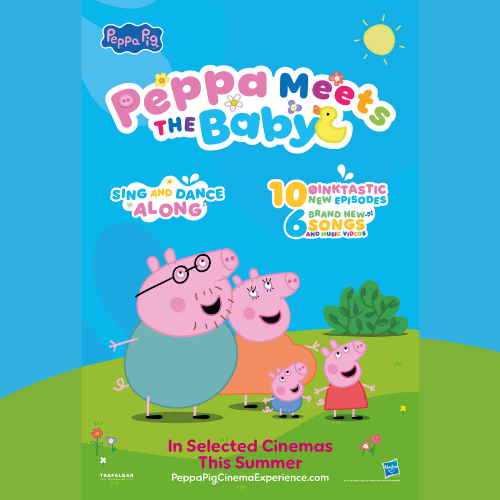As we continue to hurtle through the second decade of the 21st century, in what is now known as the Anthropocene age – an epoch in our history that recognises that we have left an indelible mark on the earth – it is becoming increasingly obvious that what happens globally, impacts us locally.
While it can be really challenging to consider huge issues such as climate change, resource scarcity and biodiversity loss on a local level (when we already have so many pressures to consider in daily life) we are no longer afforded the luxury of this happening to ‘someone else, somewhere else’.
When we experience unseasonal temperatures – impacting crops and agriculture, inclement weather events such as flash flooding – isolating communities and making travel and work impossible, pressure on financial markets – that eventually trickle down to us – we may tend to think these situations are not related to what is happening globally.
However, they are.
These local events will continue with greater force and pace if we do not accept our responsibility in trying to live not only a sustainable lifestyle, but one that actively seeks to regenerate what may be irrevocably damaged.
The role of business in this is clear, and the movement for change can no longer be left for governments, NGOs and charities. Businesses need to embrace ideas of how they can efficiently and deeply embed sustainable business practices to play their role in not just being ‘less bad’, but to do more good.
Triple bottom line sustainability focuses on people, planet and profit. This triumvirate is interconnected and we cannot just focus on one element, they need to be the core parts of any sustainability strategy that is inherently aligned to all business strategies.
Events such as the Sustainability in Licensing Conference (November 24-25) present real opportunities for learning and knowledge sharing from subject matter experts to provide examples of success (and failures) on sustainability in business environments.
This is not about theory – this is understanding real examples which can provide inspiration and cautionary tales on why sustainability and business are intrinsically linked.
I myself, will be signing into this event from my hotel room in managed isolation quarantine from Aotearoa, New Zealand – as a commitment to this global conversation that we need to continue to have at a local level.
As the world continues to become smaller, with monumental shifts in technology and how we continue to live safely in an environment that is now becoming increasingly hostile for humans to inhabit – the urgency of pace that we respond will be the judge of how successful we are in the future.
Businesses need to take a holistic, sustainable view of how the operate in this world if they are to continue to remain relevant, profitable and maintain any sort of longevity in a fast changing world.
Don’t get left behind.
Jessica Palalagi is head of resource management at Marks & Spencer. She will be taking part in a special retailer panel at the Sustainability in Licensing Conference which is running online on November 24-25. For more details on how you can sign up to attend SILC 2020, simply click on this link.


































